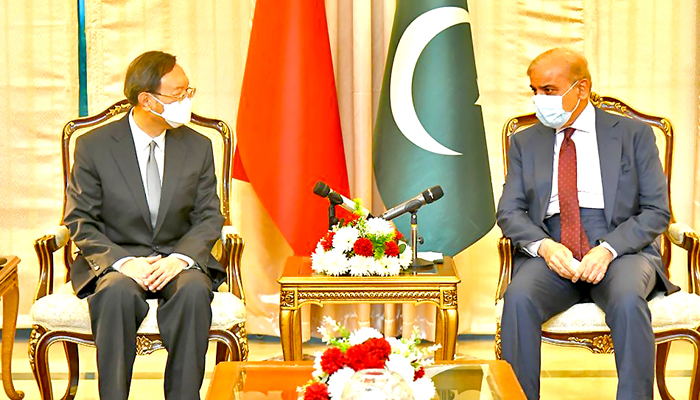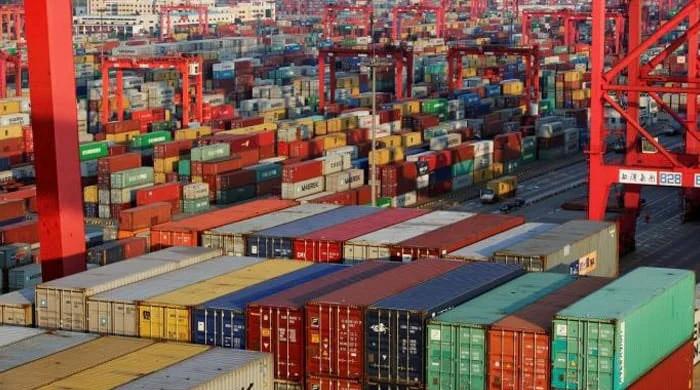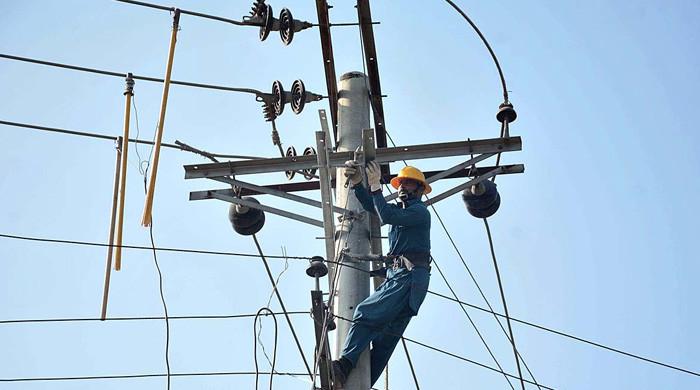Pakistan owes more debt to China than to IMF, World Bank
Pakistan owes 30% of its foreign debt to China, up from 27% in February, IMF report shows
September 03, 2022

- Pakistan owes 30% of its foreign debt to China.
- China's support is three times greater than IMF.
- Pakistan's foreign loans are 36% of its total debt.
Pakistan owes 30% of its foreign debt to China, the latest report from the International Monetary Fund (IMF) said, which includes state-owned commercial banks.
Bloomberg, citing the global money lender's document, reported that the debt is now 3% up as compared to February's statistics — when it was at 27%.
After being revised upwards by $4.6 billion, Pakistan owes a debt of $30 billion to China, from $25.1 billion in February, the IMF report said.
Chinese assistance to Pakistan is three times greater than IMF debt and exceeds both World Bank and Asian Development Bank funds combined, it said.
The latest figures show that, unlike the World Bank-style concessionary-project financing, Beijing is now playing a role similar to the global money lender by providing funds during a balance of payments crisis.
Islamabad managed to secure a much-needed bailout package from the IMF this week when the Fund's executive board approved the release of $1.1 billion to Pakistan — averting the threat of imminent default.
For the ongoing fiscal year, the IMF report mentioned that official financing includes $7 billion as rollovers of existing and $4 billion in additional financing commitments, including from China, Qatar, Saudi Arabia, UAE, and IFIs — such as the World Bank, Asian Development Bank, and Islamic Development Bank.
"Pakistan’s external debt is low, predominantly held by the public sector and mainly sourced from concessional multilateral and bilateral sources, the central bank said in a presentation it made in July," Bloomberg said.
Islamabad's foreign loans are a total of 36% of its total debt.











